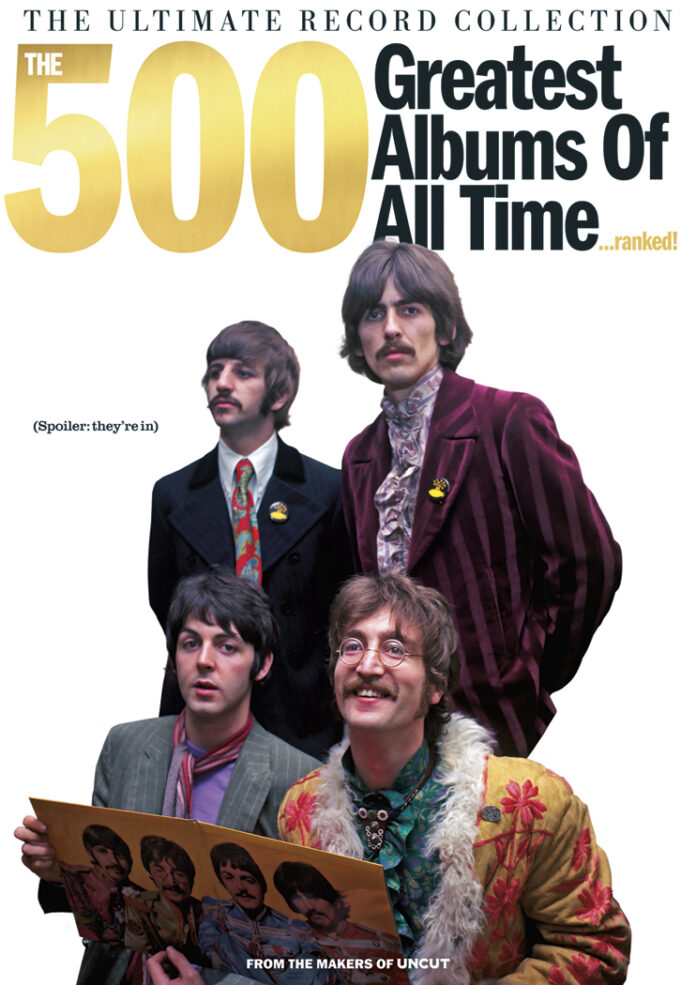Expand your collection and hear more great music...
Expand your collection and hear more great music…
How do you go about making a great album? We can know them when we hear them, enjoy the music down the decades, and – best of all – discover a new one when one sneaks up on us unexpectedly. But with the best will in the world, the readers and compilers of publications like ours are probably always destined to guess at this magic from the outside, forever pressing our noses up against the glass.
If, like Roxy Music’s Phil Manzanera, you were actually behind that glass contributing to the greatness of albums like Avalon or For Your Pleasure, then you’ve clearly got a much better idea. But as the genial musician/producer explains to us on the following pages, that doesn’t mean that you’re not prey to unexpected forces while you’re doing so. You might be fighting a misfiring tape machine. Or you might find tension. While one person thinks they’re making a commercial record, another (like, say, Brian Eno) might think that they’re making something a bit more avant garde. But that, as Phil tells us, isn’t necessarily a problem.
“When there is some tension in the creative process, it can create something better than just one person’s single vision,” he tells Mark Beaumont. “Roxy was never a band where Bryan [Ferry] would come in like Bob Dylan comes in and then they do hundreds of takes trying to get the feeling that Bob likes. It just wasn’t that, and that’s why it became unique. There was jeopardy in the method…you never knew what the song was or how it was going to turn out, because you never really heard it until it was finished.”
Phil clearly still takes delight in the magic of record making, and it’s infectious: the joy of the unknown turning into something you can’t live without is a recognisable feeling to anyone who has ever considered reading – or contributing to – a publication like this one. Which leads to a second major theme of lists of great music: where do you start, or finish? And how much should you recognise, and how much should come as a complete surprise along the way?
Our list, I think, will offer a happy medium. Even in the years I’ve been involved with magazines like this, there has been some movement in the universe – even though the major planets are still in a fairly familiar alignment. There have been major new talents, and new entries at a great height, not to mention shifts in our priorities as listeners. Beatle-watchers, for example, will have observed down the decades since the 1970s the changing fortunes of Sgt Pepper, which was once thought to display everything an LP could aspire to: from devastating stereophonic music to an air of mystery, and a free moustache.
These days it’s a different Beatles which speaks most to us, and as years pass it will undoubtedly change again. Don’t spoil it for yourself if you don’t like to know the ending, but Phil Manzanera guesses our number 1 with very little nudging. But then of course, he should do – he knows something we don’t.
Enjoy the magazine. You can get one in the shops from Friday, or here.



